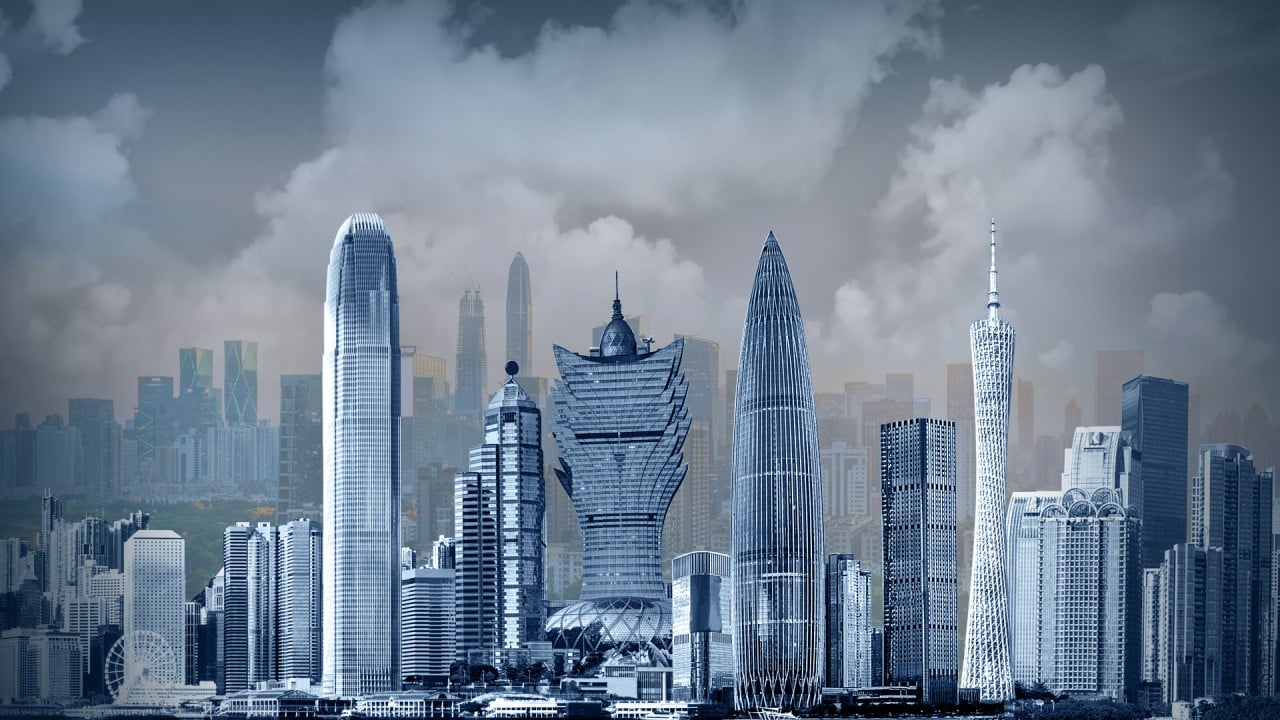
Push from the top to make 2022 the year of Greater Bay Area integration
- Guangdong Communist Party chief urges cadres to strengthen innovation and education ties with Hong Kong and Macau
- Qianhai and Hengqin to get priority in cooperation with the special administrative regions
Guangdong needs to forge closer integration with Hong Kong and Macau this year as it seeks to transform the region into a world-class hub for innovation, technology and talent, according to the leadership of the southern Chinese province.
As part of the push, Li urged cadres to give priority to Qianhai and Hengqin, two border areas selected to pilot reforms especially in finance and technology.
Prospects aplenty, but many young Hongkongers not keen on bay area jobs
Also addressing the conference, Guangdong governor Wang Weizhong said Guangdong, Hong Kong and Macau could work together to establish a full value chain linking basic scientific research with applications, fintech and talent development.
“[We need] to make great efforts to promote the Greater Bay Area as an international technology and innovation centre … speed up its development to attract innovative resources from around the world, and join hands with Hong Kong and Macau in both the hardware and software of our infrastructure development,” Wang said.
“[We should] accelerate the development of a number of high-quality innovative bases for new businesses for young people from Hong Kong and Macau, and study and introduce more specific and focused measures that can make it more convenient for compatriots from Hong Kong and Macau to live and work.”
Tiffany Chan, 26, a Hong Kong-born legal graduate based in Guangzhou, said she was not surprised about the push for closer integration with Hong Kong and Macau.
She said she expected the province would introduce more measures to attract young people from the two cities to set up businesses in the province.
But there were hurdles in basic needs.
“For example, while there are policies to provide flats for professionals [from Hong Kong and Macau], the application is not easy because there is a limited supply of housing,” Chan said.
She said there was no clear information from Chinese authorities if they could mix vaccines if they needed booster shots.


